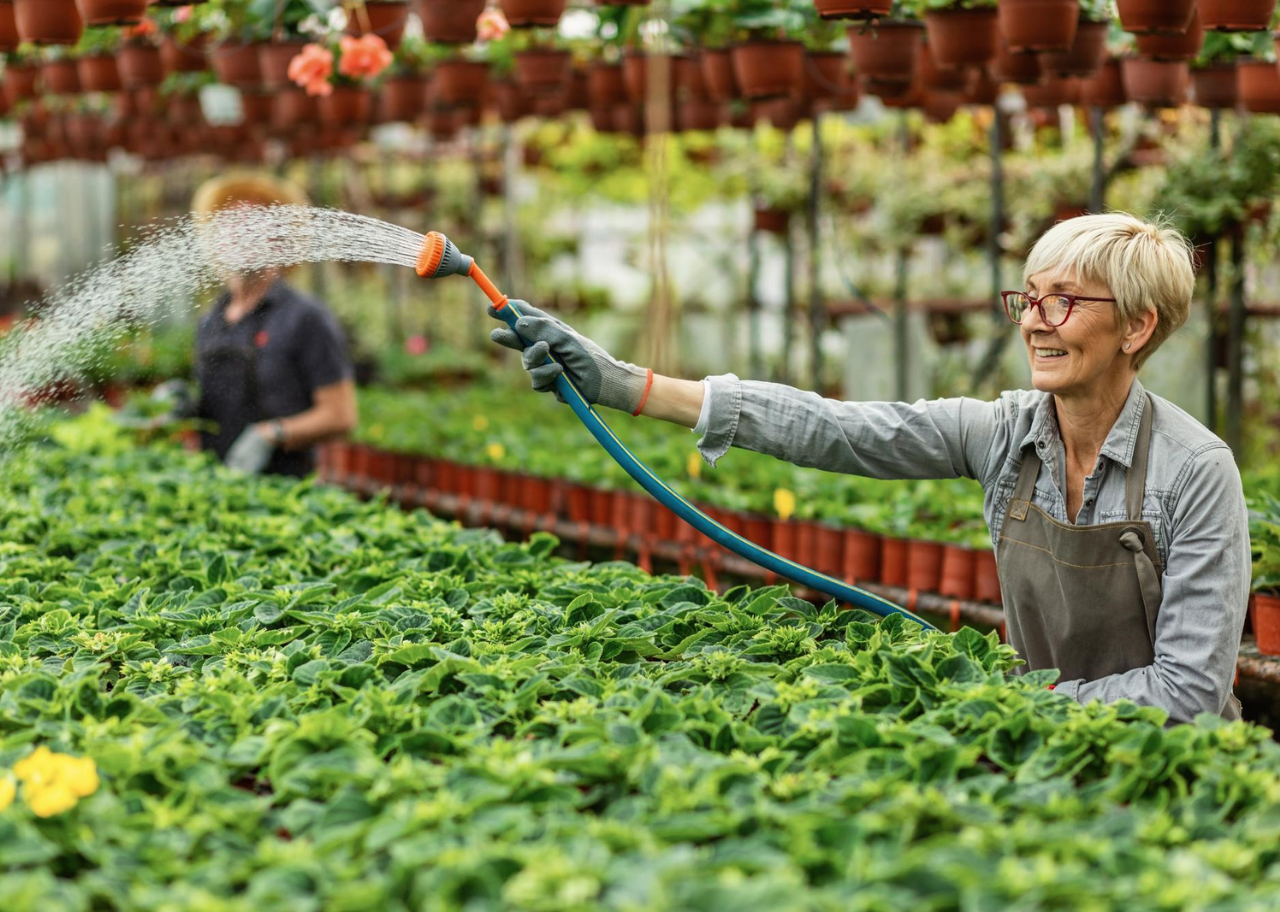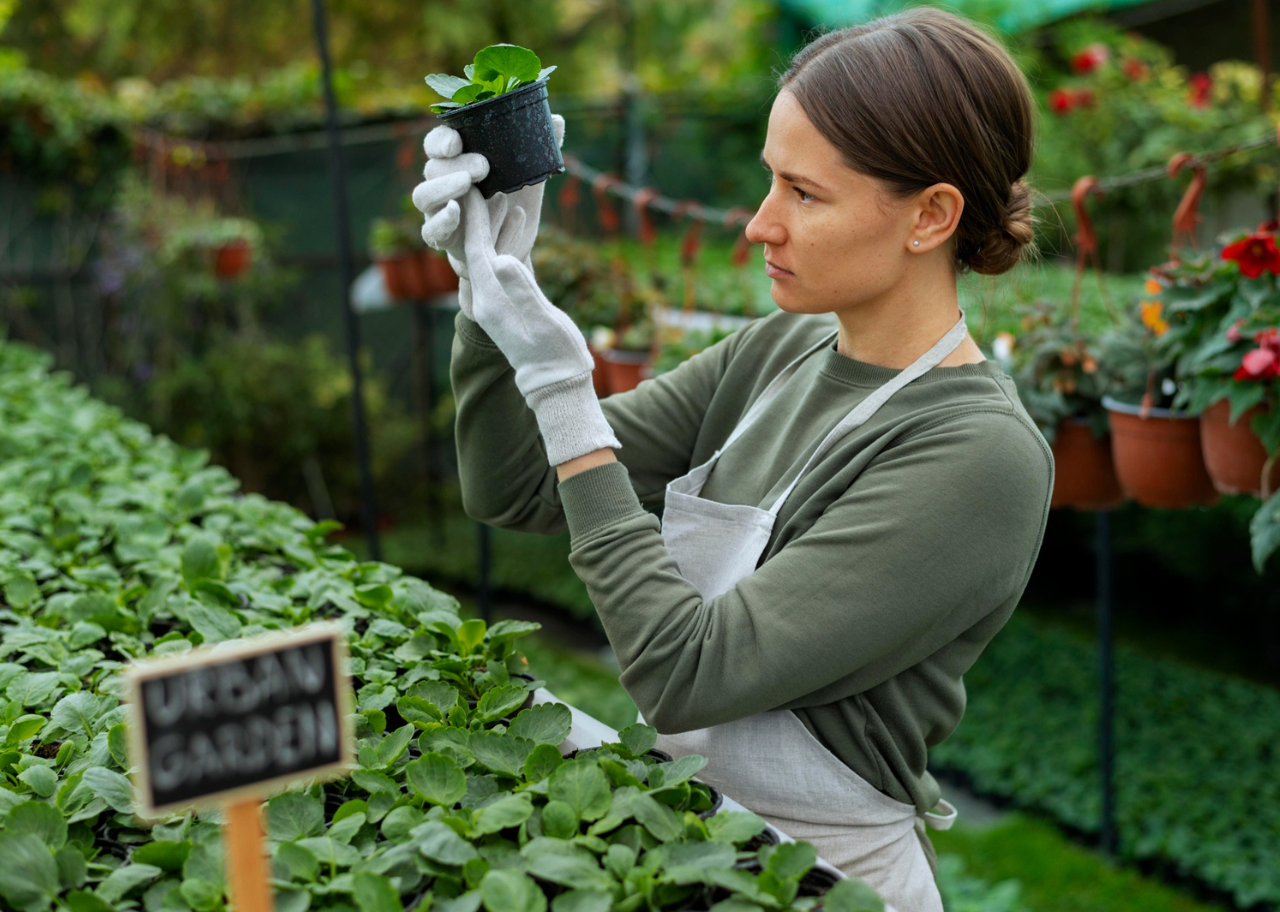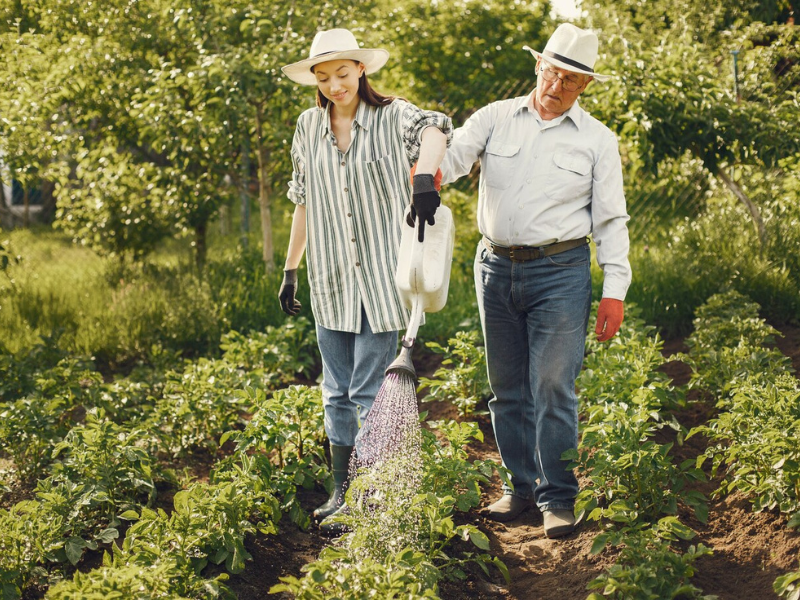Strategies For A Resilient Future
Building a resilient future means preparing individuals, communities and systems to adapt, thrive and recover from challenges such as climate change, economic instability and social inequalities. To ensure sustainability and long term well being, we must adopt smart, forward thinking strategies that strengthen both people and the planet. Shifting from fossil fuels to clean energy sources like solar, wind and hydro helps reduce greenhouse gas emissions, promotes energy independence, and creates green jobs. Encouraging practices like organic farming, crop rotation and sustainable irrigation reduces environmental impact, boosts food security and supports healthy ecosystems.
Key Points Of Strategies
- Inclusive Education and Community Empowerment
- Robust and Adaptive Climate Resilient Infrastructure
- Progressive and Inclusive Policy and Governance Reform
- Accessible and Reliable Strengthening Healthcare Systems
Key Benefits Of Sustainable Irrigation
Sustainable irrigation practices are designed to optimize water use, support agricultural productivity and protect natural resources. Sustainable irrigation systems like drip and sprinkler methods minimize water waste by delivering precise amounts of water directly to plant roots. These methods help maintain soil health, reduce energy consumption and promote long term farm sustainability.
Sustainable Irrigation Values
Sustainable irrigation focuses on using water responsibly to meet crop needs while preserving natural resources for future generations. Its core values include water conservation, energy efficiency, and environmental protection. By using techniques like drip irrigation, rainwater harvesting, and smart technology, farmers can reduce waste, lower costs and maintain soil health. These practices support long term agricultural productivity, protect ecosystems and contribute to food security in a changing climate. At its heart, sustainable irrigation values balance human needs with environmental care.



